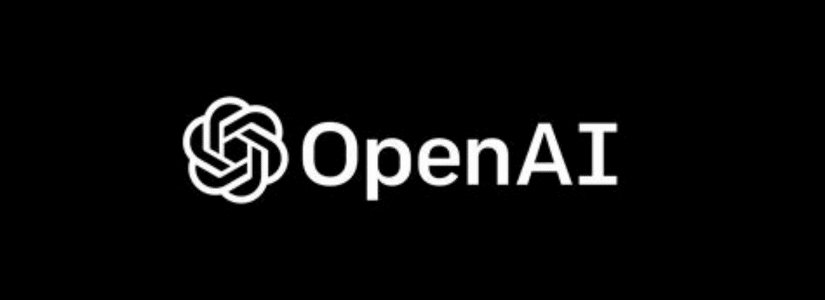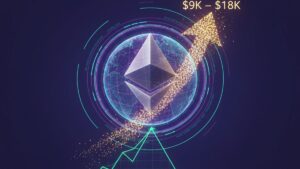The popularity of OpenAI’s artificial intelligence (AI) platform ChatGPT has reignited public interest due to its applicability in a variety of fields, including blockchain. Former Coinbase director Conor Grogan has decided to put it to the test by detecting faults in Ethereum (ETH) smart contracts.
He claimed that after inserting a live Ethereum smart contract into GPT-4, the chatbot immediately identified many “security vulnerabilities” and described potential exploits for the code.
Interestingly, Grogan confirmed that the contract in question was breached in 2018 using the faults that the AI tool was pointing out, prompting numerous readers to speculate that it was just exposing issues that were already released publicly before its training data cutoff in September 2021 and that it might not be as accurate with an undiscovered smart contract that had never been attacked before.
I dumped a live Ethereum contract into GPT-4.
In an instant, it highlighted a number of security vulnerabilities and pointed out surface areas where the contract could be exploited. It then verified a specific way I could exploit the contract pic.twitter.com/its5puakUW
— Conor (@jconorgrogan) March 14, 2023
The AI bot’s analysis, which he posted screenshots of, does appear to show that ChatGPT is capable of accurately identifying important problems and vulnerabilities, as it concluded that the analyzed smart contract shouldn’t be used because it has serious flaws and is built on an illegal scheme.
OpenAI Rolls Out New Capabilities in the ChatGPT V4

Moreover, the latest version of the artificial intelligence chatbot ChatGPT is technically capable of performing many tasks that were not possible in the former versions.
The most recent version of GPT-4 is a large multimodal model that recognizes image and text inputs and emits text outputs that, while less capable than humans in many real-world scenarios, demonstrate human-level performance on various professional and academic benchmarks, according to information shared on March 14 by its creator, OpenAI.
It is capable of passing high school and law school exams with marks in the 90th percentile. They claim that the GPT-4 performs in the top 10% of test takers and passes a mock bar exam, in contrast to the GPT-3.5, which performed in the bottom 10%.
“The difference comes out when the complexity of the task reaches a sufficient threshold—GPT-4 is more reliable, creative, and able to handle much more nuanced instructions than GPT-3.5,” Open AI maintained.
This OpenAI artificial intelligence development is an indication that AI will ultimately help make smart contracts safer and easier to build while ultimately safeguarding the crypto market and its players from falling victim to scams or rug-pulling projects; hence, boosting adoption in the long run.










